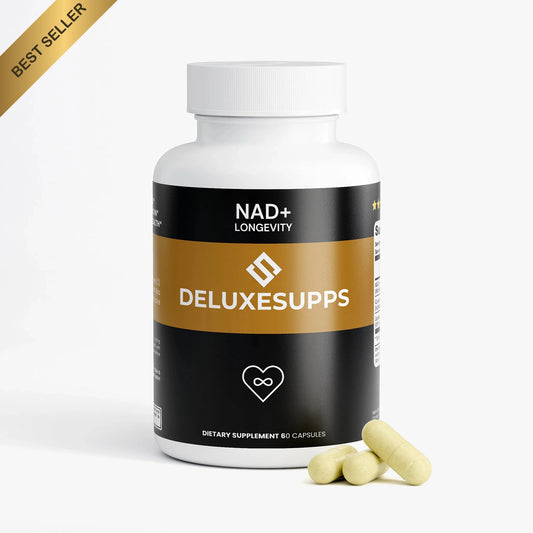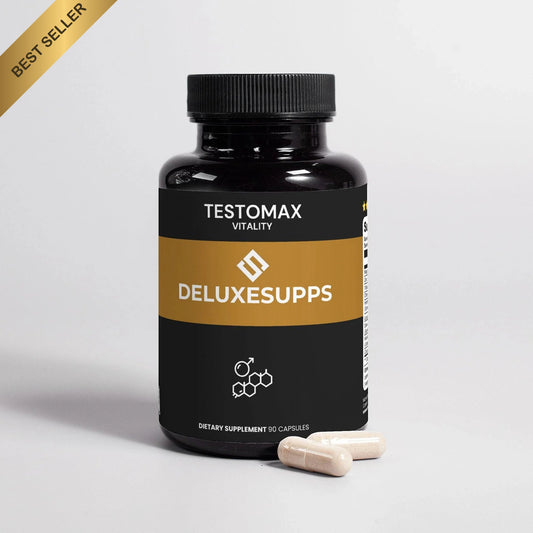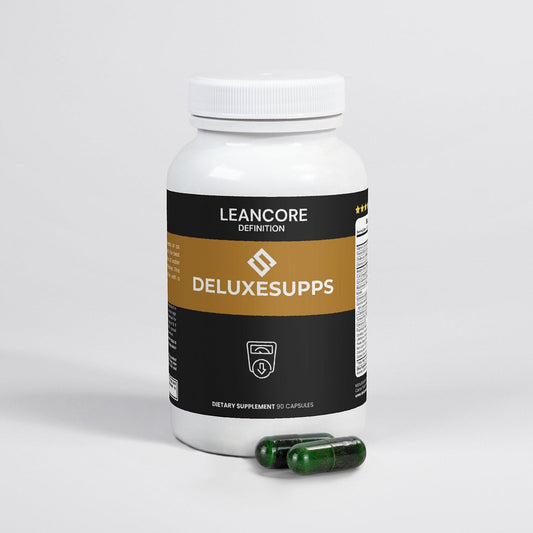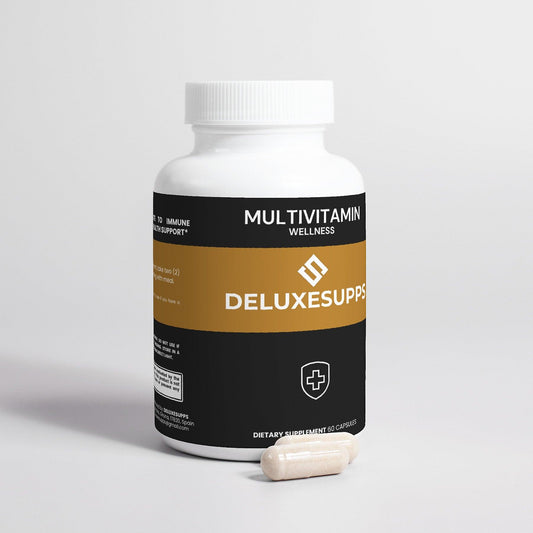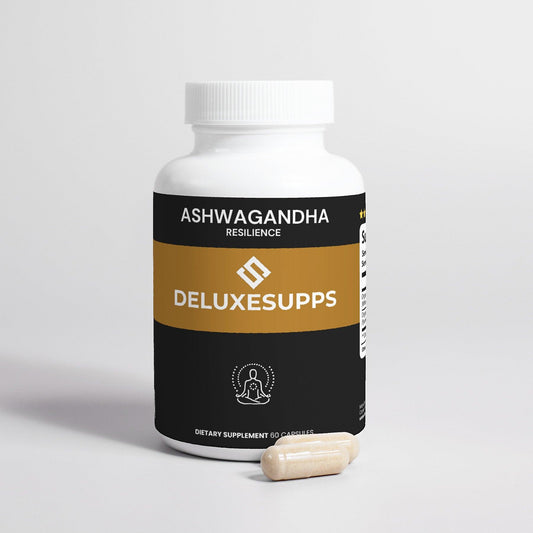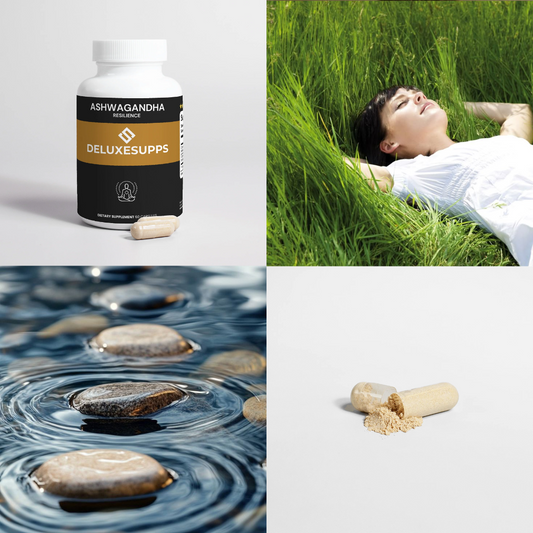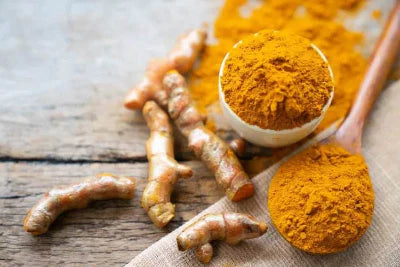
Inflammation is at the root of many chronic health issues from joint pain to heart disease and even autoimmune disorders. In the search for natural solutions, turmeric for inflammation has emerged as a standout remedy backed by both ancient tradition and modern science.
This golden spice, long revered in Ayurvedic and Chinese medicine, offers powerful anti-inflammatory benefits thanks to its active compound: curcumin. In this guide, we’ll explore how turmeric works to reduce inflammation, the science behind it, and how to incorporate it effectively into your wellness routine.
What is Turmeric?
Turmeric (Curcuma longa) is a vibrant yellow-orange root belonging to the ginger family. Native to South Asia, it’s widely used as a spice, coloring agent, and natural remedy.
The primary active compound in turmeric is curcumin, responsible for most of its therapeutic properties. However, curcumin only makes up 2–8% of turmeric by weight and is poorly absorbed on its own—hence the importance of proper supplementation.
Understanding Inflammation: Acute vs. Chronic
Inflammation is the body’s natural defense mechanism. Acute inflammation occurs in response to injury or infection and is beneficial. However, chronic inflammation often triggered by poor diet, stress, environmental toxins, or autoimmune dysfunction can become harmful over time.
Chronic inflammation is linked to conditions such as:
- Rheumatoid arthritis
- Heart disease
- Type 2 diabetes
- Alzheimer’s disease
- Certain cancers
This is where turmeric’s anti-inflammatory power becomes particularly relevant.
How Turmeric Fights Inflammation
Curcumin works by targeting multiple inflammatory pathways in the body. It suppresses molecules known to play a major role in inflammation, such as:
- NF-κB (nuclear factor kappa B)
- COX-2 (cyclooxygenase-2)
- TNF-α (tumor necrosis factor alpha)
Research published in The Journal of Alternative and Complementary Medicine confirms curcumin’s ability to reduce levels of inflammatory biomarkers like CRP (C-reactive protein) and IL-6 source.
1. Turmeric for Joint Pain and Arthritis
Perhaps the most well-known benefit of turmeric for inflammation is its effect on joint health.
Several clinical trials have shown that turmeric can reduce symptoms of osteoarthritis and rheumatoid arthritis, including pain, swelling, and stiffness.
- A 2014 randomized trial found that 1,000 mg of curcumin daily was as effective as ibuprofen in reducing arthritis pain without the gastrointestinal side effects source.
- Another meta-analysis published in Phytotherapy Research in 2016 confirmed turmeric’s effectiveness in reducing joint pain and improving mobility source.
This makes turmeric an ideal natural alternative for individuals who cannot tolerate long-term use of NSAIDs.
2. Turmeric and Cardiovascular Inflammation
Inflammation plays a central role in cardiovascular disease. Chronic low-grade inflammation contributes to arterial plaque buildup and oxidative stress, leading to conditions like atherosclerosis.
Curcumin has been shown to improve several markers of heart health, including:
- Endothelial function (blood vessel health)
- Cholesterol levels
- Oxidative stress reduction
A study in Nutrition Journal revealed that curcumin supplementation significantly reduced triglyceride levels and increased HDL (good cholesterol) source.
3. Turmeric for Digestive Inflammation
Chronic inflammation is often present in gastrointestinal disorders such as:
- Irritable Bowel Syndrome (IBS)
- Crohn’s disease
- Ulcerative colitis
Turmeric’s anti-inflammatory and antioxidant effects make it a potential aid for gut health.
- A clinical review in World Journal of Gastroenterology suggested that curcumin may help reduce symptoms of inflammatory bowel disease by inhibiting pro-inflammatory cytokines source.
Although more robust studies are needed, preliminary evidence supports turmeric as a safe complementary therapy for gut inflammation.
4. Turmeric’s Role in Brain and Cognitive Health
Neuroinflammation—chronic inflammation in the brain—has been implicated in cognitive decline and diseases such as Alzheimer’s.
Curcumin crosses the blood-brain barrier and exhibits both anti-inflammatory and antioxidant effects on the brain.
- A 2018 study published in The American Journal of Geriatric Psychiatry showed that daily curcumin supplementation improved memory and attention in older adults after 18 months source.
These findings point to turmeric as a promising neuroprotective agent for long-term brain health.
5. Skin Health and Inflammatory Conditions
Turmeric has been used topically for centuries to treat skin issues like eczema, psoriasis, and acne—all conditions rooted in inflammation.
Its antibacterial, antifungal, and anti-inflammatory properties can help calm irritated skin and support wound healing.
- A study in BioFactors confirmed that curcumin modulates inflammatory mediators in skin cells and may reduce symptoms of dermatitis source.
While oral supplements are most effective for systemic inflammation, topical applications can be helpful for surface-level skin conditions.
Choosing a Turmeric Supplement That Works
Because curcumin is poorly absorbed in its natural form, it’s important to choose a bioavailable supplement that includes one of the following:
- Black pepper extract (piperine) — enhances absorption by up to 2,000%
- Liposomal or micellar curcumin — allows for better cellular uptake
- Curcumin phytosomes — combined with phospholipids for enhanced delivery
We recommend DeluxeSupps Turmeric Supplement, which is formulated with absorption-enhancing ingredients to maximize anti-inflammatory benefits.
How to Take Turmeric for Inflammation
Recommended Dosage:
- 500–1,500 mg of curcumin extract per day (standard in most clinical studies)
- Best taken with meals that contain fat to increase absorption
Frequency:
- For chronic inflammation, daily use for 8–12 weeks is often required for noticeable results.
Safety and Side Effects
Turmeric is generally safe when taken at recommended doses, but some individuals may experience:
- Mild gastrointestinal discomfort
- Headache or nausea (rare)
- Increased risk of bleeding when combined with blood thinners
Caution: Individuals with gallbladder disease, bleeding disorders, or those taking anticoagulants should consult a healthcare provider before supplementing with turmeric.
Frequently Asked Questions (FAQs)
Can turmeric replace anti-inflammatory drugs?
While turmeric is a powerful natural alternative, it may not fully replace prescription medications for severe inflammation. However, it can complement existing therapies and reduce reliance on NSAIDs in many cases.
How long does it take to work?
Most users begin to feel improvements in joint stiffness, pain, or digestion within 4–8 weeks of consistent use.
Is turmeric safe for daily use?
Yes. Turmeric can be taken daily and is considered safe for long-term use at recommended dosages, especially when paired with black pepper extract for better absorption.
Final Thoughts: Harnessing Nature’s Anti-Inflammatory Power
Turmeric is more than just a kitchen spice—it’s a potent anti-inflammatory agent backed by centuries of traditional use and validated by modern research. Whether you’re struggling with joint pain, chronic health conditions, or seeking general wellness support, turmeric for inflammation is one of the most powerful natural solutions available.
Ready to Support Your Inflammation Naturally?
Explore the benefits of DeluxeSupps Turmeric Supplement and take a proactive step toward improved joint comfort, cognitive clarity, and full-body wellness.
